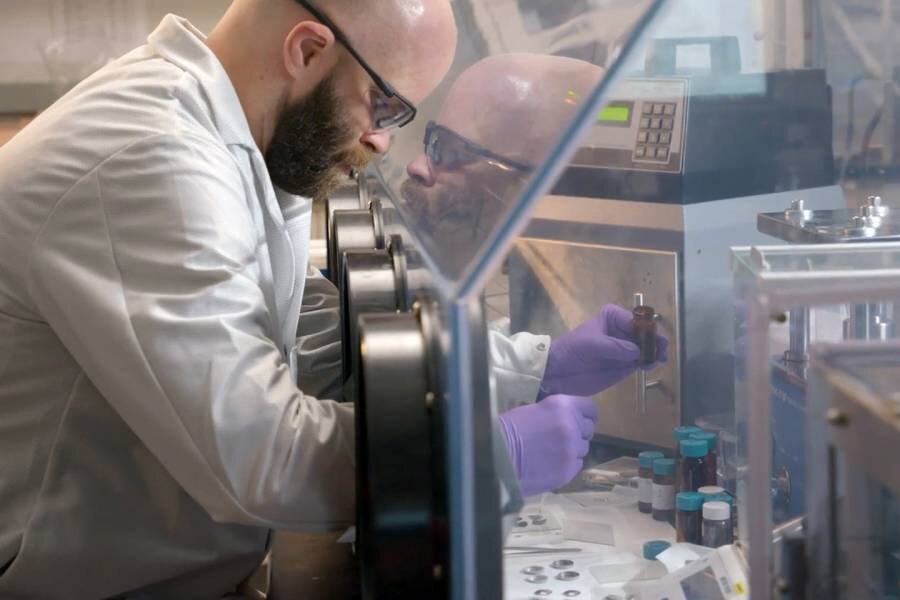
The research team has developed a flexiblefireproof lithium-ion battery for extreme conditions, which continues to function even after immersion in water, ballistic impact and cutting.
However, modern options have not changed much since the mid-90s and are unsafe because they are still made of flammable and combustible materials.Recently, scientists from Johns Hopkins Universityintroduced an improved version of a water-based drive that can work outdoors.
They described their discoveries of a new class of water-in-salt and water-in-salt electrolytes (WiS and WiBS) that, when incorporated into a polymer matrix, reducethe activity of water, increase the energy potential and extend the life cycle of the battery, at the same time relieving it ofThe team claims it is a safe and powerful alternative.
According to the scientists, the first variants of flexible batteries were unstable, but with subsequent research, they found a solution to the problem.Within a year, the team hopes to create a working prototype.
Earlier, we also reported on the creation of a prototype of the first iron-ion battery with a mild steel anode, the capacity of which reaches 55-60% lithium-ion.
text: Ilya Bauer, photo and video: Johns Hopkins University





